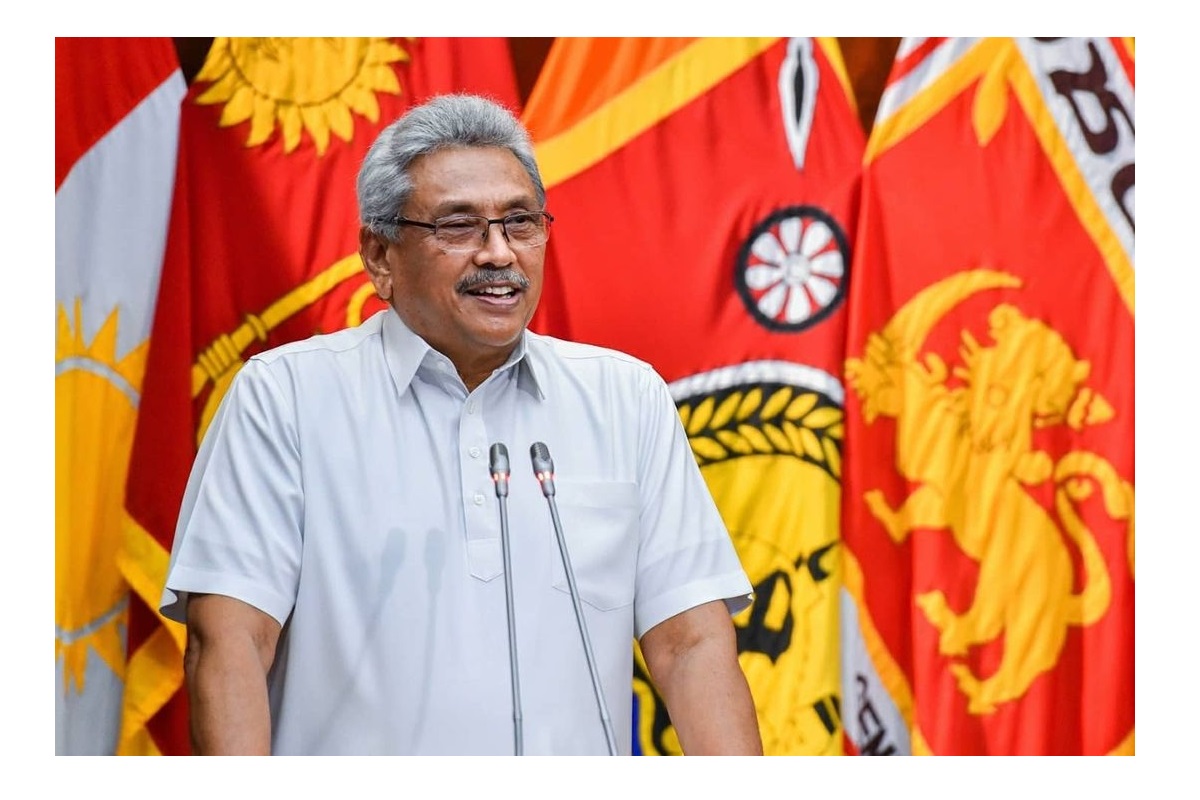As Sri Lanka awaits President Gotabaya Rajapaksa to quit on Wednesday, court orders have been sought to prevent him from leaving the country together with his two brothers — former Prime Minister Mahinda Rajapaksa and ex-Finance Minister Basil Rajapaksa.
With a thumping two-third Sinhala Buddhist majority, Gotabaya was elected as President in 2019 for a five-year term.
Advertisement
Amid agitation and public storming of his official residence and office on Saturday, the President officially announced that he would quit his post on Wednesday.
On Tuesday, three civic rights activists filed a motion to a fundamental rights petition they had filed earlier, seeking court orders preventing three Rajapaksas and former Central Bank Governor Ajith Nivard Cabraal, who are allegedly responsible for ruining of the country’s economy, from leaving Sri Lanka.
In the early hours of Tuesday, Basil Rajapaksa, who was attempting to leave for the United States where he has a resident visa via Dubai, was prevented by the public and the immigration officers.
Claiming that politicians with questionable corrupt records were trying to leave the country, officials of the Sri Lanka Immigration and Emigration Officers’ Association (SLIEOA) on Tuesday withdrew from all duties at the VVIP Terminal.
Sri Lanka, which is facing the worst ever economic crisis, is now facing a political deadlock with virtually no leader. In over 90 days of public agitation, Sri Lankan people have ousted Prime Minister Mahinda Rajapaksa, his younger brother Basil Rajapaksa and entire cabinet and replaced it ex-PM Ranil Wickremesinghewho as the Prime Minister.
However, on July 9, the protesters took over the President’s house and the Prime Minister’s official residence, thus symbolically taking over the government.
The protesters allowed the public to view the colonial era houses with archeologically valuable buildings and artifacts, where thousands of Lankans from far away villages thronged freely.
The protesters cooked food for public on either side of the green lawns of the Prime Minister’s official residence while others made merry playing music.
The protesters also arranged to distribute food to those visiting the President’s house and said that they would vacate the public premises once the President and the Prime Minister leave their seats.









